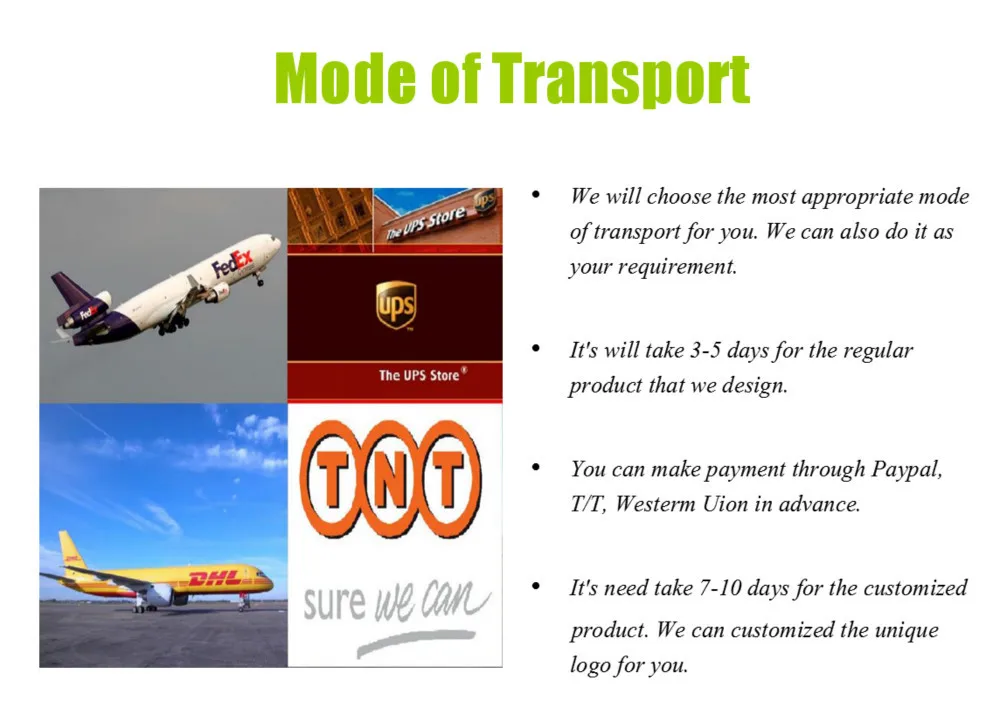Can a Cosigner Take Over a Car Loan? Discover the Truth and Options Available
When it comes to car loans, many borrowers find themselves in situations where they might need a cosigner to secure financing. This often raises a crucial q……
When it comes to car loans, many borrowers find themselves in situations where they might need a cosigner to secure financing. This often raises a crucial question: Can a cosigner take over a car loan? Understanding the implications of cosigning a loan is essential for both the primary borrower and the cosigner. In this article, we will explore the dynamics of car loans, the role of a cosigner, and the possibilities available if the primary borrower can no longer manage the loan.
First, let’s clarify what it means to cosign a loan. A cosigner is someone who agrees to take responsibility for a loan if the primary borrower defaults. This arrangement can help individuals with limited credit history or poor credit scores secure a loan with better terms. However, the cosigner’s credit is also at stake, and they are legally obligated to repay the loan if the primary borrower fails to do so.
Now, addressing the question directly: Can a cosigner take over a car loan? The short answer is that it depends on the lender's policies and the specific circumstances surrounding the loan. In many cases, a cosigner cannot simply take over the loan without the primary borrower’s consent or without refinancing the loan. If the primary borrower is unable to continue making payments, the cosigner may be forced to step in and make the payments to avoid default, but this does not equate to taking over the loan.
If the primary borrower is facing financial difficulties, they might consider refinancing the loan. This process involves applying for a new loan to pay off the existing one, which could potentially allow the cosigner to become the primary borrower. However, this is contingent upon the cosigner's creditworthiness and income, as the lender will evaluate their ability to repay the loan independently.

Another option is to contact the lender directly. Some lenders may have specific programs or options available for situations where the primary borrower can no longer manage the loan. It's essential for both parties to communicate openly and explore all available options to avoid negative impacts on their credit scores.
Moreover, if the primary borrower is unable to make payments and the cosigner does not want to take on the financial burden, the best course of action might be to sell the vehicle. Selling the car can help pay off the outstanding loan balance, relieving both parties of the financial obligation.

In conclusion, while a cosigner plays a critical role in securing a car loan, the question of whether they can take over the loan is complex. The answer largely depends on the lender's policies and the specific circumstances at hand. If you find yourself in this situation, it's crucial to communicate openly with the lender and explore all available options. Understanding the responsibilities and implications of cosigning can help both the primary borrower and the cosigner navigate the challenges of car loans more effectively. Always consider seeking financial advice to make informed decisions that align with your financial goals.